In Azerbaijan, independent journalist dies after being beaten in Baku
New York, August 10, 2015–An independent reporter in Azerbaijan died early Sunday after being beaten viciously the day before in Baku, according to news reports. The Committee to Protect Journalists calls on authorities in Azerbaijan to conduct an efficient and transparent investigation into the attack on Rasim Aliyev, determine the motive, and ensure all of…
CPJ welcomes Facebook move to add PGP encryption features
San Francisco, June 1, 2015–Facebook today announced that it would offer users a field to post PGP encryption keys on their profiles, and that it will use the encryption standard to protect the contents of notification emails. The improvements were announced on the social network’s security blog and will gradually be rolled out to all…

Burundian authorities crack down on press ahead of elections
Nairobi, April 29, 2015–The Committee to Protect Journalists condemns the harassment of journalists and news outlets in Burundi and calls on authorities to allow them to cover protests ahead of scheduled elections in May and June. Police cut the transmission of at least three radio stations, and telecommunications companies have been ordered to suspend mobile…
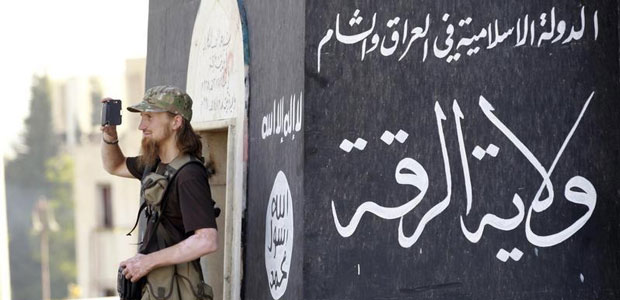
Broadcasting murder: Militants use media for deadly purpose
News of the August 19, 2014, murder of journalist James Foley broke not in the media but instead on Twitter. News organizations faced the agonizing questions of how to report on the killing and what portions of the video to show. If a group or individual commits an act of violence, and then films it,…
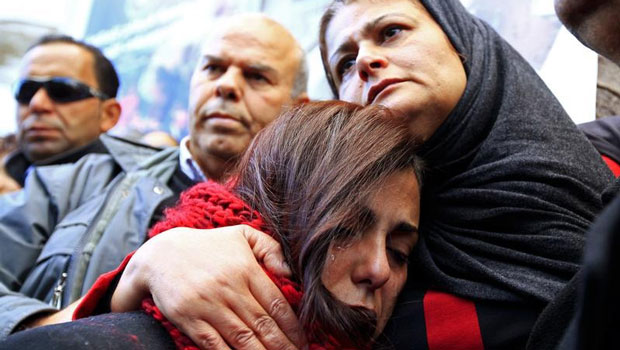
Lack of media coverage compounds violence in Libya
Near the end of August 2014, Egypt and the United Arab Emirates launched airstrikes against what were characterized as Islamist-allied militias fighting near Tripoli, Libya. Or maybe they didn’t. The New York Times broke the story on August 25, 2014; Egypt denied it, the UAE didn’t comment, and U.S. officials made seemingly conflicting statements.
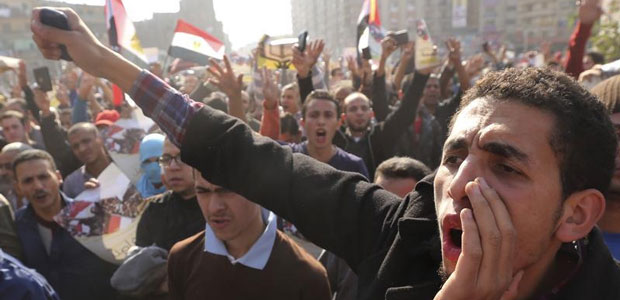
Treating the Internet as the enemy in the Middle East
The snow and freezing temperatures that struck Saudi Arabia unexpectedly in December 2013 were newsworthy in a desert kingdom better known for its extreme heat. But the fact that the ensuing power outages at a regional prison left prisoners without power or heat for nearly a week was apparently off-limits to reporters.
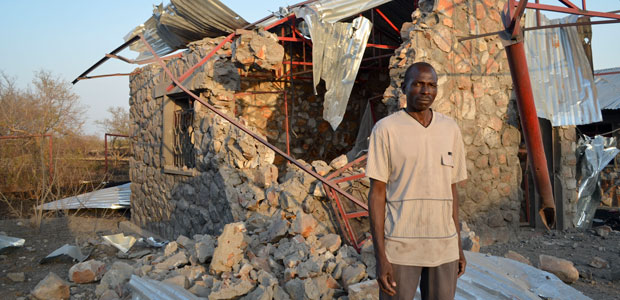
Journalists overcome obstacles through crowdfunding and determination
During South Africa’s Boer War, at the turn of the 20th century, a determined news organization relocated reporters, copy editors, and printing presses to the front line to ensure accurate reporting. In the Warsaw Ghetto, during World War II, a literal underground press, established to counter Nazi propaganda, required the nightly movement of cumbersome printing…
Iraq should investigate death threats against Reuters Baghdad bureau chief
Beirut, April 13, 2015–The Committee to Protect Journalists today called on Iraqi authorities to investigate death threats against Reuters’ bureau chief in Baghdad and ensure that journalists are able to work in Iraq without fear of reprisal. Ned Parker was forced to flee Iraq following death threats, Reuters reported on Saturday.
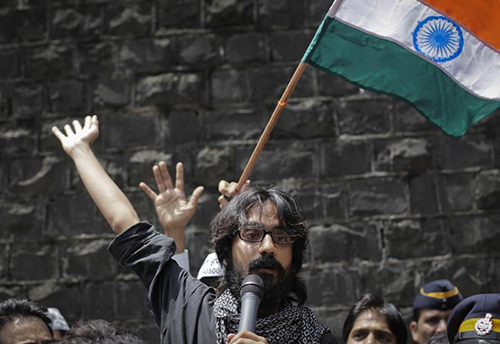
India’s landmark online speech ruling is step toward greater press freedom
In an historic decision, India’s Supreme Court on Tuesday struck down part of a law used to silence criticism and free expression. While this marks a pivotal victory that has been welcomed in many quarters, many challenges remain for press freedom in the country.
